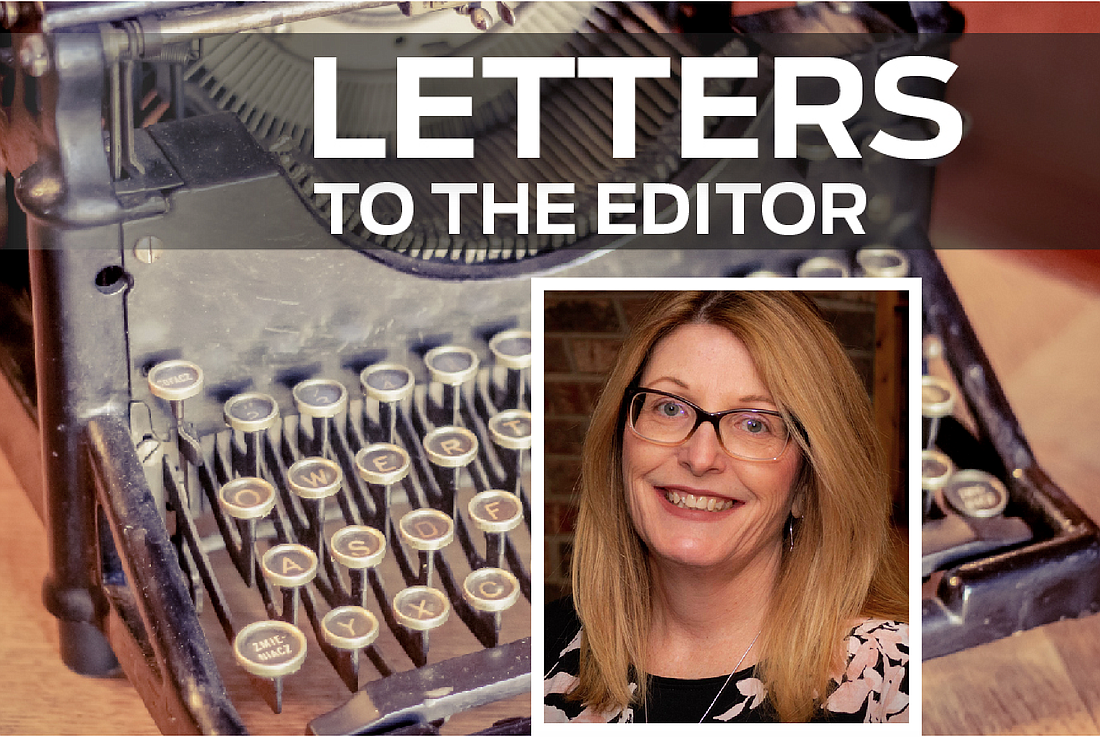- January 8, 2025
-
-
Loading

Loading

I am writing in follow-up to the Palm Coast Observer's Dec. 19 story, “Palm Coast Connect: the city’s win-win deal.” I am one of at least three former city of Palm Coast employees you interviewed for the story, but you disregarded our input days before publication, explaining that your decision was “for the good of the community.”
In truth, the arrangement between the city and Coastal Cloud, a local company where Mayor Milissa Holland is employed, is not a win-win deal for the good of the community.
Certainly, having a citizen engagement portal/app is a great thing for residents and city operations. The previous Issue Tracking system we had was outdated, little used and did not do what the city needed it to do. So in recent years, city employees including me received demos of several civic engagement apps including SeeClickFix and CitySourced. Another option would have been to buy a component offered by Munis, the city’s current software, for an issue management system. Apps of this type typically have an up-front cost and an annual maintenance fee based on city population size; one proposal I recall was $15,000 for the initial, one-time fee plus $36,000/year for the annual fee.
The partnership with Coastal Cloud was announced as “free,” with Coastal Cloud offering its services at no charge in exchange for gaining experience in this line of app development and a product to show other potential customers (other governments).
The decision to use Coastal Cloud’s app, named Palm Coast Connect, was ultimately far more expensive from the financial standpoint and in the city employee hours required for its development, implementation and ongoing use.
For the current fiscal year, the city budgeted more than $100,000 for Salesforce software licensing required to run Palm Coast Connect. The city also had to add a new, full-time staff position to support the system – a new IT employee with Salesforce experience. Existing employees, mainly in IT, marketing and customer service, spent hundreds of hours assisting in the development of Coastal Cloud’s new product. Many of these were higher-paid, upper-level employees who had to divert their attention from other important city work.
Now launched, the Palm Coast Connect app costs three to four times more annually than if the city had purchased an off-the-shelf app already being used in hundreds of communities across the United States. Additionally, those products may have offered more functions the city was looking for and tied into Palm Coast’s existing software systems more easily. The Observer's story about Palm Coast Connect indicated some functions such as field service lightning, through which city crews would be notified in the field as the calls for service come in, had not yet been implemented six months after last June’s launch.
The Salesforce software licensing required to operate Palm Coast Connect is an annual cost. That cost is based on the number of users, meaning it will cost more and more each year as additional citizens sign up. That is unlike other apps, which are priced based on population.
Cost notwithstanding, there are additional considerations that make arrangements such as this one between the city of Palm Coast and Coastal Cloud tricky.
Mayor Holland was very involved with city staff during the development of Palm Coast Connect — much more than what an elected official would be normally, and much more than Mayor Holland normally was for other city projects, in my experience. I was on the team to launch Palm Coast Connect, and I personally was involved in updating the mayor on the project’s progress and marketing decisions a number of times. Mayor Holland heavily edited the news release announcing Palm Coast Connect, and that news release was delayed until three days after launch because she was working with the city manager on the wording. Having an elected official rewrite a news release never happened to me any other time in my seven years with the city.
This can be an awkward situation for employees. How could city employees feel 100% comfortable expressing concerns or raising questions about the development or marketing of a product or service being received from the company where the mayor is employed? How could employees suggest that a project of this magnitude be put out for bid so that other products could be considered? How could the city say “no” to Coastal Cloud’s app even as it became clear the financial cost was going to be so much higher than SeeClickFix or another readily available product?
They couldn’t.
These are the reasons the arrangement between the city of Palm Coast and Coastal Cloud was such a bad idea. And why future business dealings of this type — whether with Coastal Cloud or any company affiliated with the community’s elected officials — should be avoided, or at least weighed very carefully. Such arrangements should be held to a higher standard of review and approval. It’s up to the Palm Coast City Council to fully understand the immediate and future budget implications before moving forward.
When an elected official is the owner of a local business seeking to do business with the city, or is an employee of such a business, City Council members should remember that it could put city employees in a difficult position. Council members should ask themselves if it’s really worth it.
Cindi Lane resigned as the city's communications manager in 2019.
Editor's Note: For weeks, I researched every lead I was provided from several staff members — anonymous and named — and I believe that most of the concerns were based on miscommunications on both sides stemming from the Aug. 14, 2018, City Council workshop. Ultimately, the City Council voted unanimously in November 2018 to pay for the Salesforce contract; it was not a unilateral decision by the mayor. Still, I respect your view and am happy to publish it here. — Brian McMillan